Address
6175 Deltona Blvd. Ste 105
Spring Hill, FL 34606
Sun/Mon Closed
Tues/Thurs 10am-7pm
Wed/Fri 10am-6pm
Sat 9am-6pm
Contact
352-701-6593
hhbrightglow@gmail.com
Address
6175 Deltona Blvd. Ste 105
Spring Hill, FL 34606
Sun/Mon Closed
Tues/Thurs 10am-7pm
Wed/Fri 10am-6pm
Sat 9am-6pm
Contact
352-701-6593
hhbrightglow@gmail.com
Welcome to Bright Glow Skin Aesthetics & Body Waxing
Service Menu
- FACIALS
- ADVANCED FACIAL AESTHETICS
- ADD-ON TREATMENTS
- FACIAL OF THE MONTH
Our skin therapist will treat you to a soothing and relaxing time for your skin.
Our crazy-talented skin specialist will connect with you on a personal level, using their creativity and skill to bring out your personal glow that embraces your individuality and
lifestyle.
Our non-invasive treatments are geared towards all varieties of skin types. Find the one perfect for you.
We have a unique facial treatment each month. Try them all!
- FULL BODY WAXING
- PROCELL
- SKIN LIGHTENING
Beautiful body, flawless waxing and glowing skin.
Check out OUR ADVANCED MICRONEEDLING! Introducing PROCELL therapies. Microneedling Evolved.
...Because we want to give you a glow "everywhere"!

Philosophy
We want you to keep coming back again and again, so we created an oasis of pleasure for you in Spring Hill, Florida, utilizing state-of-the-art treatments, natural products, and tantalizing aromas. Whether you enter our doors for a skincare service or wax session, we want you to find a relaxing and soothing haven. In an imperfect world, we strive to offer exquisite service with the best quality products. We are passionate about everything we do.
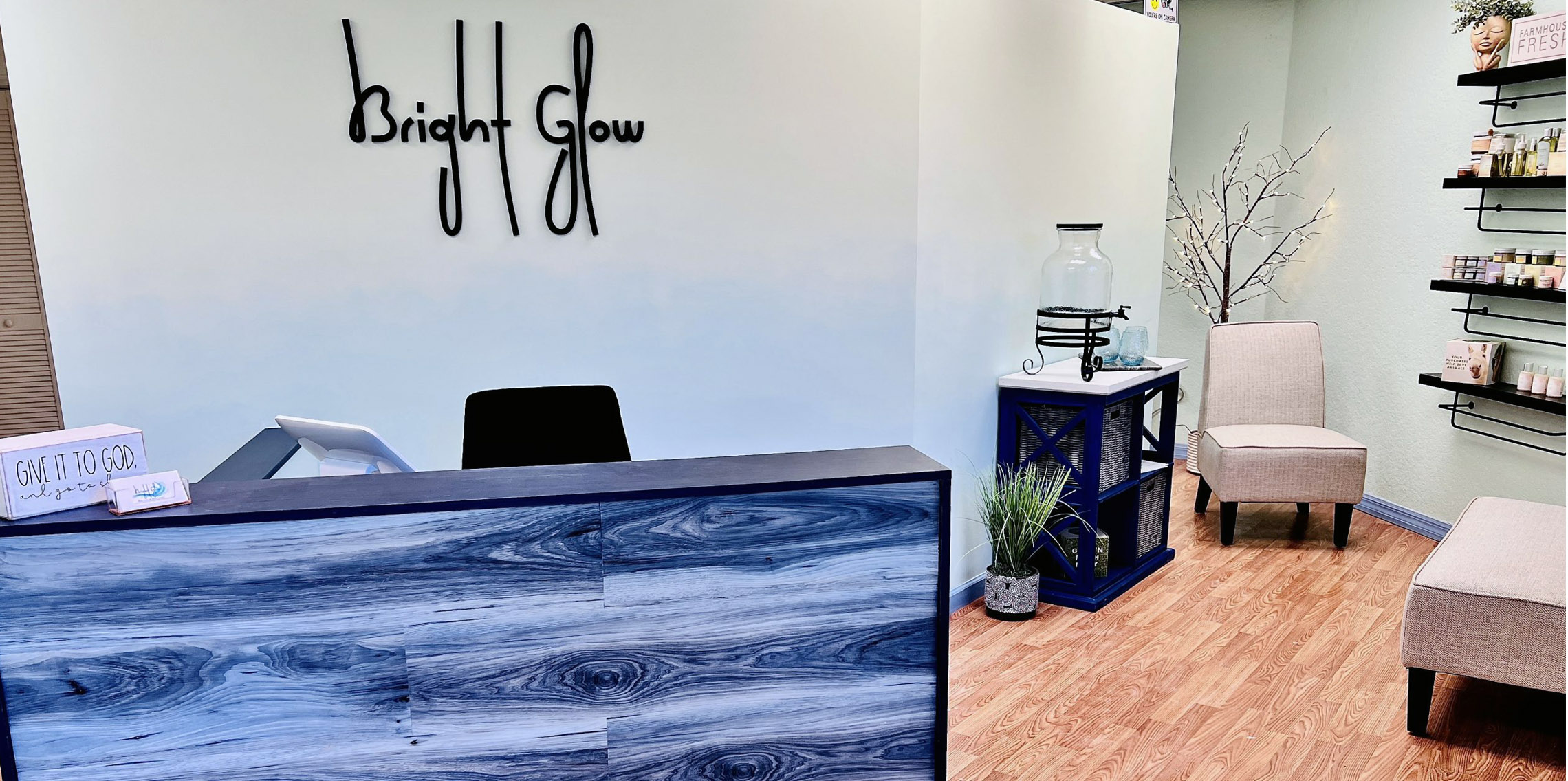

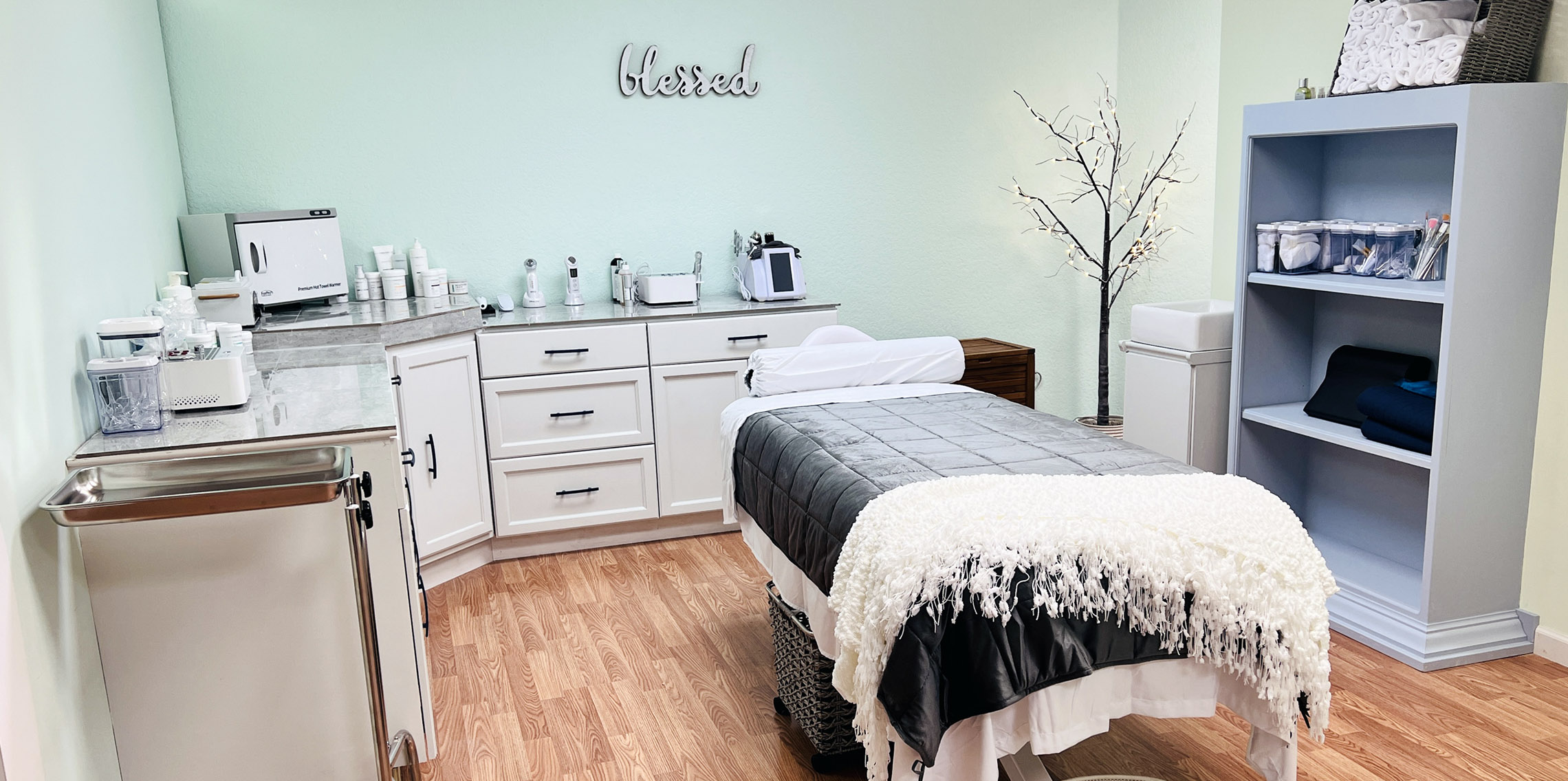
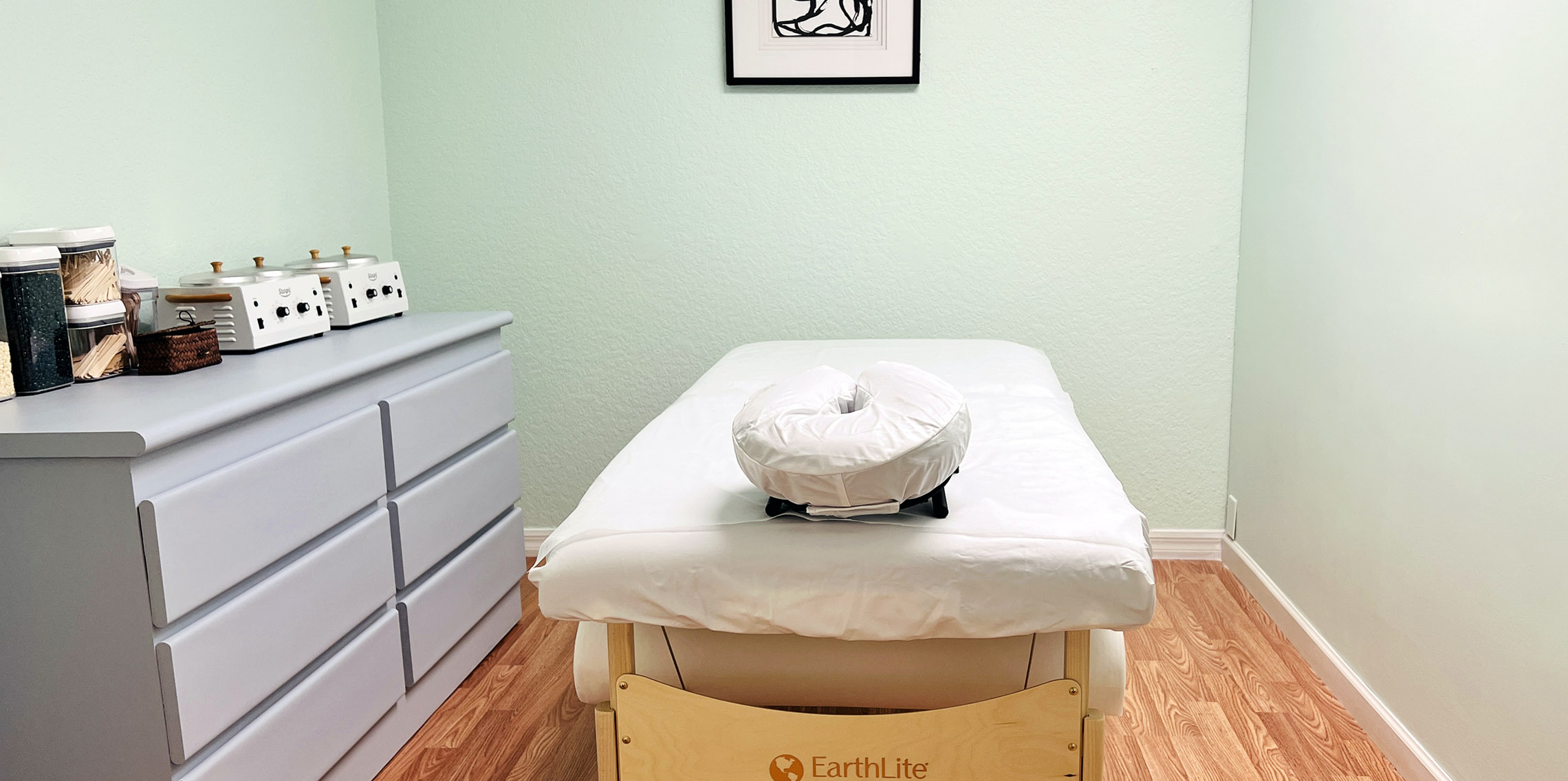
A Mask for Everyone
Jump right in and let our Farmhouse Fresh products mask you! Deliciously grown skincare waits with our: Guac Star, Matcha Purity, Mighty Brighty, Pudding Apeel, or Pajama Paste masks.

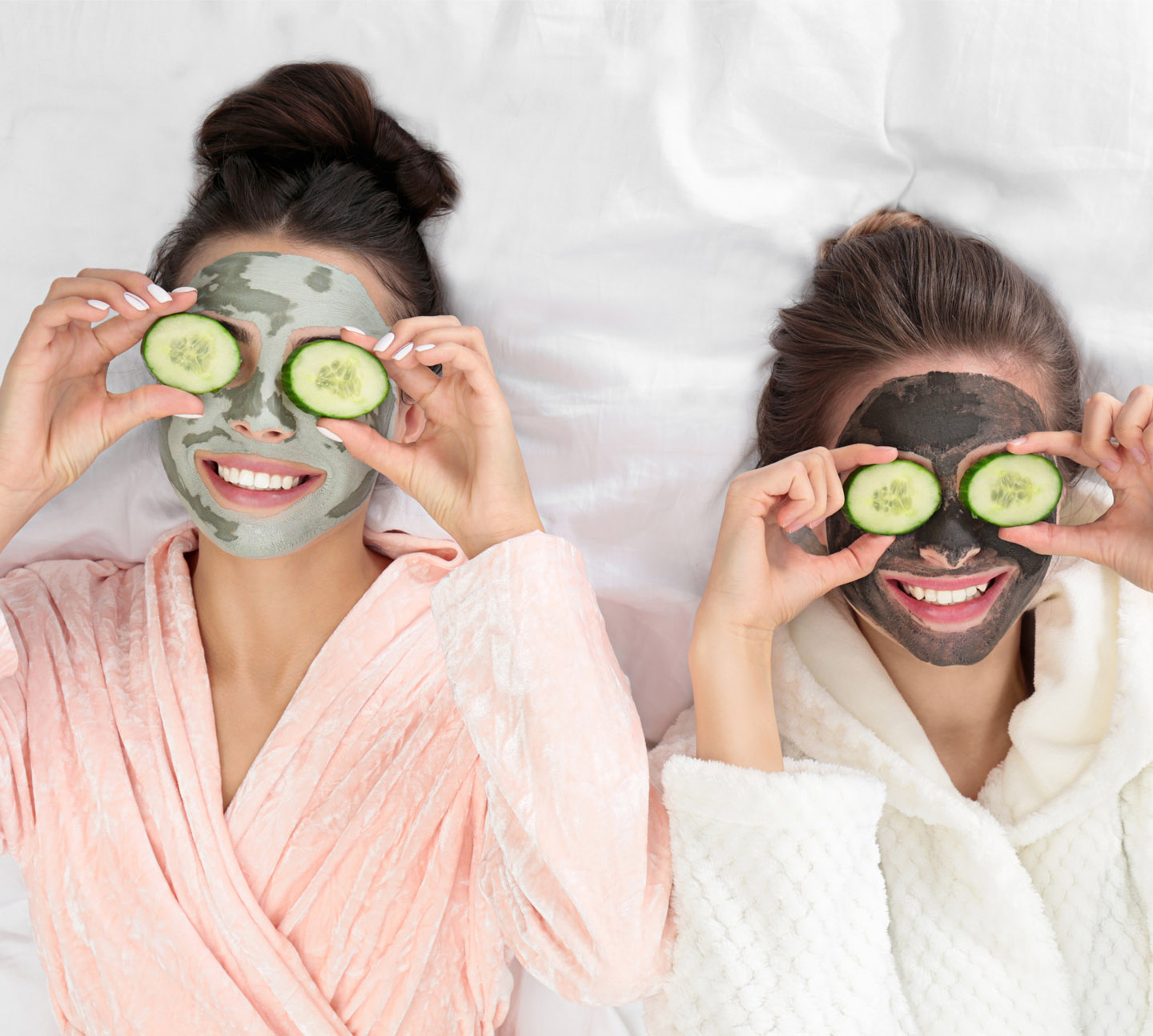
Fancy Skin Care Words
- A
- A-B
- C
- C-E
- F-G
- G-K
- L-P
- P-R
- S-Z
Water-soluble acids sourced from fruits and other plants to provide
chemical exfoliation and encourage skin cell turnover.
Examples: Glycolic Acid, Lactic Acid, Citric Acid
Gel-like substance inside the aloe plant that hydrates and soothes the skin and offers antioxidant properties.
An antioxidant that protects against damage from free radicals, it improves tone and repairs damage to smooth lines.
The building blocks of proteins like collagen, some of which bolster skin elasticity and help prevent lines and wrinkles from forming,
A wide category of substances, both natural and man-made, that inhibit oxidation that causes cell damage.
Examples: Vitamins, Amino acids, Algae, Caffeine, Fruit Extracts.
An oil sourced from parts of the argan tree that contains fatty acids and Vitamin E along with anti-inflammatory properties.
Commonly known as vitamin C, it appears in many anti-aging formulations as a skin protectant and repairing antioxidant.
This buzzy ingredient is packed with skin-nourishing vitamins A, C, D, and E. Previous studies carried out in rats have shown that this oil may help speed up wound healing and increase collagen production.
A substance sourced from the seeds of the Psoralea corylifolia plant that is used as a gentler alterative to retinol.
Sometimes referred to as Montmorillonite, this absorbent clay is derived, most often, from weathered volcanic ash. Rich in antibacterial minerals, it’s commonly used in “purifying” or “detoxifying” cleansers and masks, as it pulls pollutants, sebum, and grime from pores.
An acne medicine that kills pimple-causing bacteria and exfoliates pores. It can be found in concentrations up to 10 percent in over-the-counter products.
These chemical exfoliants can smooth fine lines, even pigmentation, and penetrate deeply into pores, dissolving sticky plugs of sebum and dead skin. One of the most common BHAs, salicylic acid, is found in many acne washes, creams, and peels.
Small amounts of the B Vitamin that are found in carrots, almonds, milk, and other foods. Aside from helping the body process fats and sugars, oral biotin is important for regulating hair and nail growth. reduces hair breakage and increases elasticity.
A skin blemish that forms when the sebum (oil) draining from a pore becomes blocked by a clump of dead skin cells. Its color results from the sebum's pigment, which darkens when exposed to air.
A plant compound that nourishes skin and is a common ingredient in under-eye creams and gels because of its anti-inflammatory effects; it decreases puffiness and constricts blood vessels to reduce dark circles.
One of 113 cannabinoids found in the hemp plant that soothes skin because of anti-inflammatory properties.
Lipids (or fats) that naturally make up the skin barrier, which prevents water loss from the skin. Applying them topically can therefore help restore the barrier, keeping hydration in and locking irritants out.
A broad term referring to the way cells send information using proteins and other signaling molecules — and receive information from inside or outside the body via receptor sites located on cell membranes. Increasing numbers of skin creams contain ingredients, like retinol, carnosine, and peptides, claiming to bind to receptor sites and encourage cells to behave like younger, healthier versions of themselves.
Found in many fruits, the antioxidant alpha hydroxy acid acts as a natural preservative. When used in peels, masks, and washes, it brightens and exfoliates the upper layers of the skin, encouraging new collagen formation.
An oil sourced from fresh or dried coconut meat that may soothe certain skin conditions.
he most plentiful protein produced naturally in the body, which is responsible for skin elasticity; in skincare, collagen is sourced from animals, though vegan products are also available in the form of "collagen boosters" sourced from plants
A broad term for a pore, or hair follicle, that's blocked by sticky dead skin cells and the sebum that can't drain properly. When the follicle remains open, the sebum's pigment darkens from air exposure, forming a blackhead. When P. Acnes bacteria invade the clogged pore, the resulting inflammation creates a whitehead.
This severe form of acne that develops when a plug of dead skin cells, sebum, and P. Acnes bacteria lodges deep inside a pore, creating a tender, pus-filled bump that sometimes ruptures the pore wall, spreading to surrounding tissue.
A coenzyme antioxidant in animals and humans. In skincare, it is mostly obtained from animals, though vegan versions sourced from plants that are available. CoQ10 is known for energizing cell activity within the skin which helps to stimulate collagen and reduce damage from free radicals.
A natural carbohydrate, DHA is the active ingredient in most sunless tanners.
The most common form of a chronic noncontagious skin disorder which is atopic dermatitis.
Eczema is characterized by itchy, red, scaly patches that often show up on the inner elbows, behind the knees, and around the neck and eyes.
Stretchy structural proteins that allow skin to snap back into place, elastin is particularly vulnerable to sun damage.
Any ingredient that increases water levels in the epidermis. Synonym: moisturizer.
This plant-derived antioxidant reduces sun damage and helps stabilize vitamins C and E in skin-care products.
Plentiful in connective tissue throughout the body, including the dermis, these cells produce the collagen and elastin responsible for keeping skin pliant and springy. Topical retinoids ramp up collagen production in fibroblasts.
Highly unstable molecules created in the body by sunlight, cigarette smoke, and pollution that latch onto and damage cells in ways that can lead to roughness, sagging, and wrinkling.
Typically sourced from papaya, pineapple, and pumpkin, they break down the keratin proteins comprising dead skin cells, offering a mild form of exfoliation.
These can appear under several names in an ingredients list: glycerides, sterols, phospholipids, omega 3, and omega 6. They prevent water loss from the skin, so they’re often added to moisturizers.
Glycolic acid is a common AHA, which exfoliates skin for a brighter, smoother complexion. It may also help treat acne and hyperpigmentation.
Boasting antioxidant levels that are far more powerful than vitamins E and C, topical and oral formulations of the ingredient are used to protect the skin against UV damage and other environmental assaults.
Extracted directly from green-tea leaves, this potent antioxidant fights free radicals and quells inflammation.
Pressed from the seeds of industrial hemp plants, this supercharged moisturizer packs vitamins, minerals, and inflammation-quelling essential fatty acids.
The trademarked name for a four-step exfoliating treatment consisting of a gentle acid peel, vacuum pore extraction, a moisturizing cocktail of hyaluronic acid and antioxidants.
Often triggered by UV light exposure, a wound, illness, hormonal changes, or certain drugs, this darkening of the skin may look like patches of discoloration or an isolated acne scar.
A substance produced naturally by the human body; in skincare, it is synthetically sourced to replace the skin’s natural hyaluronic acid. Hyaluronic acid holds large amounts of moisture.
Similar in structure to skin's natural oil, it penetrates skin to hydrate without clogging pores.
A skin condition whereas red bumps on the legs and back of arms occur. This takes place when sticky cells within the hair follicle clump together to form a plug, preventing them from being whisked away through routine exfoliation. This common condition, believed to be genetic, can be minimized but not cured with lactic acid creams or scrubs.
Light-emitting diode devices give off a narrow range of a specific wavelength of light. (Different wavelengths target different skin issues; for example, blue light kills the bacteria known to cause acne.) Much less intense than lasers or IPL, many LED devices are safe enough for hand-held use at home.
A buzzworthy ingredient, this honey native to Australia and New Zealand seals moisture into skin, as well as functions as an antibacterial and anti-fungal agent.
A mix of purified water, hydrators (like glycerin), and low doses of mild surfactants, these no-rinse liquid cleansers attract makeup, oil, and dirt when swiped over skin with a cotton pad. They're mild enough for sensitive and acne-prone complexions.
A form of vitamin B3, it strengthens the skin's outer layers, improves elasticity, and curbs redness and irritaiton.
Abundant in herring, mackerel, wild salmon, walnuts, flaxseed, and olive oil, these essential fatty acids maintain the function of cell membranes throughout the body, preserving cells' ability to take in nutrients, dispose of waste, and hold onto water. In the epidermis, this can translate to smoother, more supple, hydrated skin.
A family of chemicals that work as preservatives, this group of ingredients includes methylparaben, propylparaben, butylparaben, and ethylparaben. Parabens can be irritating to some complexions, per the EWG. But the larger concern is that parabens may disrupt some hormones in the body. The FDA notes that there is currently no information that proves that parabens in skin-care products and cosmetics are hazardous to your health, but they add that studies are ongoing.
Tiny protein fragments that promote collagen growth and help repair skin.
A measure of the acidity or alkalinity of a substance. Water has a neutral pH of 7. A healthy skin barrier has an acidic pH of 4.5 to 5.5. And pH-balanced skin-care products generally fall on the slightly acidic side of neutral.
Beneficial strains of live bacteria that can be ingested through fermented foods and supplements, or applied topically (via certain mists, creams, and serums) to improve gut and skin health.
Used by dermatologists to non-surgically tighten the skin, RF energy heats the deeper layers of tissue (leaving the surface intact) to spur new collagen and elastin growth for firmer, thicker skin.
An antioxidant found in grapes, it neutralizes free radicals to protect skin cells from damage.
Retinoids are a derivative of Vitamin A used in anti-aging and anti-acne skin products. Retinoids like tretinoin, tazarotene, and adapalene help stimulate collagen production and treat acne, and they are available by prescription or in over-the-counter preparations. Note that retinoids are not suitable for use during pregnancy, per the AAD.
An over-the-counter vitamin A derivative, retinol is a weaker form of retinoid
A chronic skin disease marked by persistent redness, easy flushing, broken blood vessels, and pimples on the nose and cheeks primarily. Rosacea tends to run in families, especially those of Northern or Eastern European descent. The cause is unknown; there is no cure; and controlling triggers (heat, UV, spicy foods, alcohol) is crucial to treatment.
A beta hydroxide acid that removes excess oil and dead cells from the skin's surface. It's used in nonprescription cleansers, moisturizers, and treatments for acne-prone skin in concentrations of 0.5 to 2 percent.
A skin-care product that contains high concentrations of active ingredients and claims superior penetration of the skin's surface when app
A beta hydroxy acid that removes excess oil and dead cells from the skin's surface. It's used in nonprescription cleansers, moisturizers, and treatments for acne-prone skin in concentrations of 0.5 to 2 percent.
A skin-care product that contains high concentrations of active ingredients and claims superior penetration of the skin's surface when applied.
A key ingredient in chemical peels used to treat sun damage and hyperpigmentation, TCA promotes shedding of the outermost layer of dead skin cells, allowing new cells to rise to the surface in the days following treatment. TCA peels are generally light to medium strength, with the former requiring a series of two to three for best results; the latter requiring only a single session (but carrying about a week of downtime).
An antioxidant that boosts collagen production and inhibits pigment formation. Like many antioxidants, it's an unstable molecule that can break down quickly when exposed to light and air. Common derivatives, like ascorbyl palmitate and tetrahexyldecyl ascorbate, tend to be more stable than pure ascorbic acid but slower acting.
This moisturizing antioxidant protects against free-radical damage.
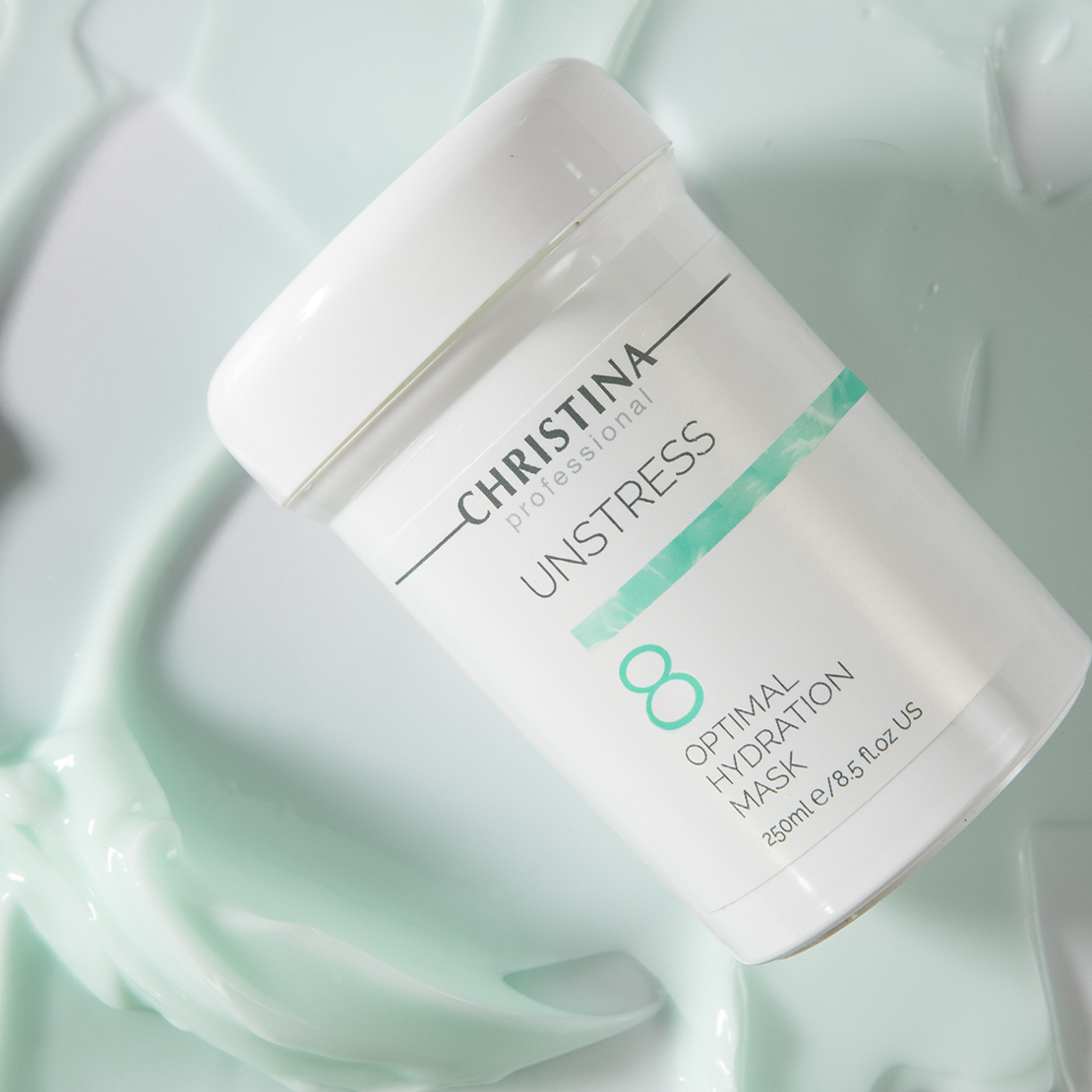
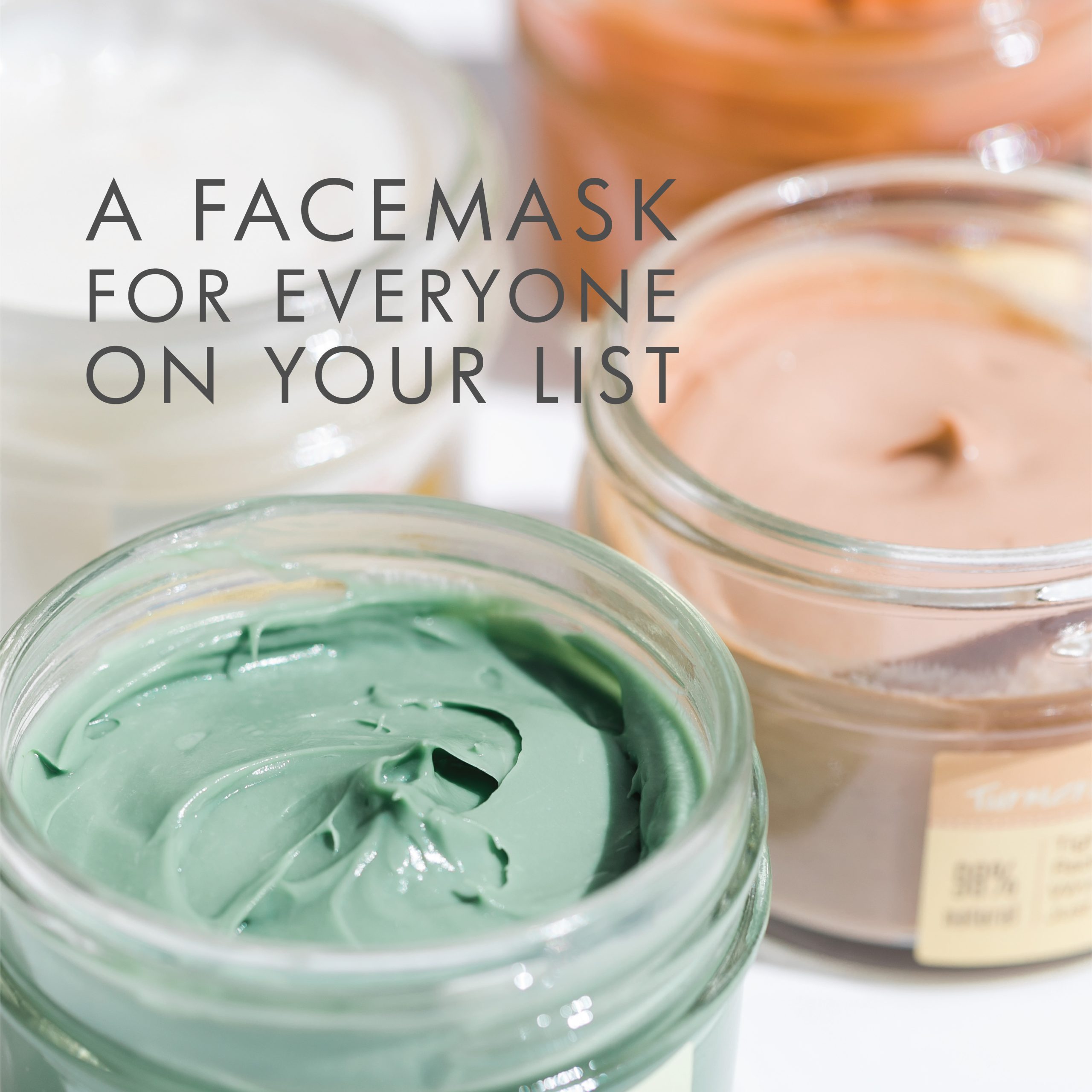
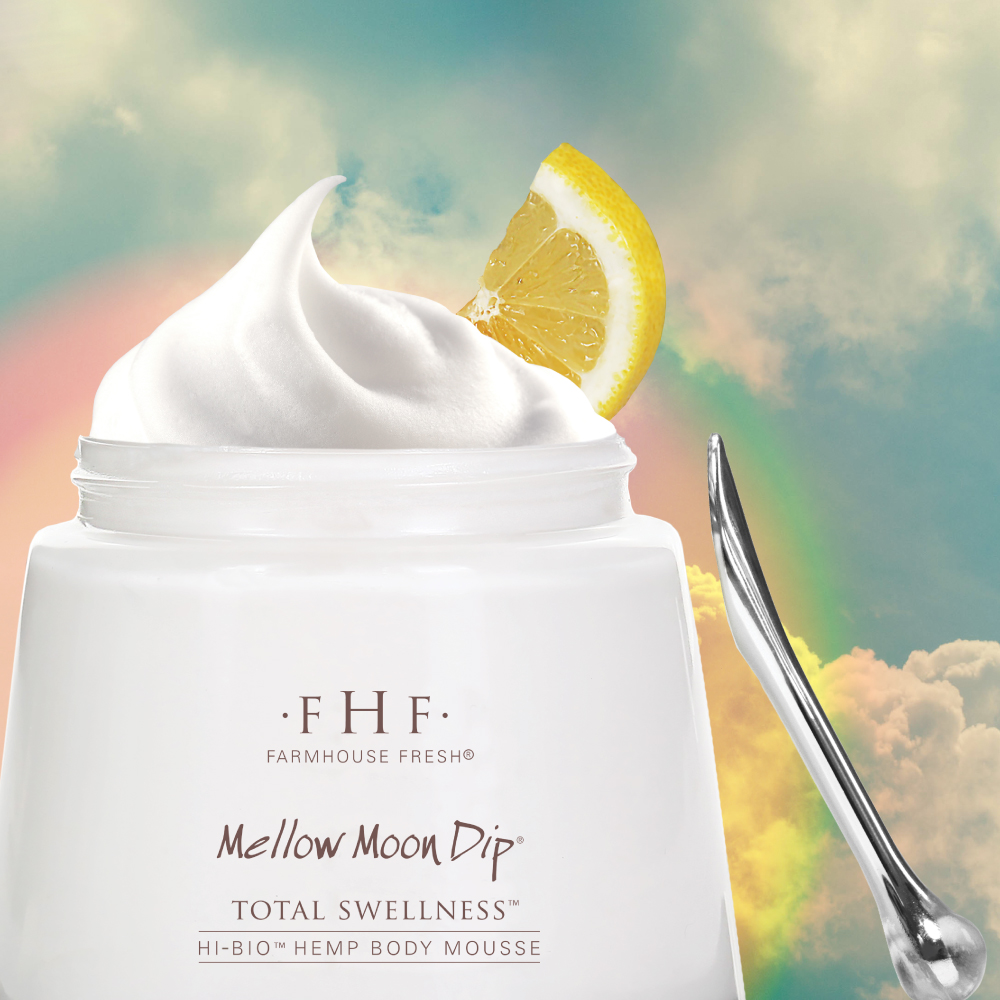
Beauty Box

“Heather Ann is amazing with her clients! I was so nervous to get a wax for the FIRST time, a Brazilian of course. She was patient and reassuring whenever I would get nervous. Thank you so much for providing such an awesome, comforting and welcoming environment for a newbie waxer.”
“My skin was really tired and dry. Loved the masks and the relaxing facial massage!”
"So happy with my facial. Heather worked on the rosacea and showed me what I should use."
Contacts
T: 352-701-6593
hhbrightglow@gmail.com
Hours
Sun/Mon — closed
Tues/Thurs: 9 am — 7 pm
Wed/Fri/Sat: 9 am — 5 pm
Location
Spring Hill FL 34606


